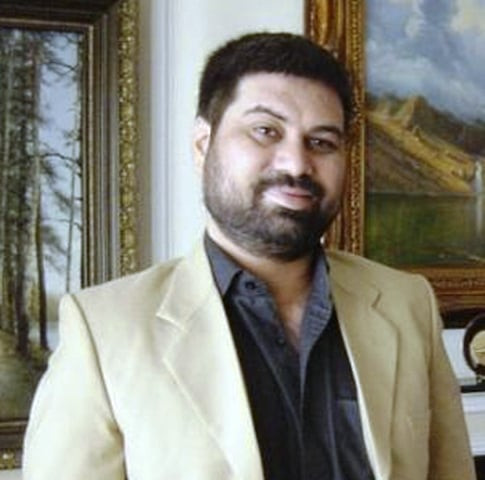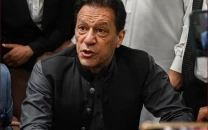ISI faces more heat after journalist's killing
Speculation that the ISI had a hand in the death of a prominent journalist has further discredited the organisation.

Saleem Shahzad, who worked for Hong-Kong based Asia Times Online and Italian news agency Adnkronos International, disappeared from Islamabad on Sunday and his body was found in a canal with what police said were torture marks.
Suspicions immediately fell on the Inter-Services Intelligence (ISI) agency, bringing more bad publicity after the killing of bin Laden by US special forces near the capital.
The raid, which Pakistan failed to detect or stop, shattered the myth that the agency is omnipotent.
"The ISI's image had already been tarnished and it is under so much pressure," said a former ISI officer.
"It's never been as bad as this before."
Shahzad was investigating suspected links between the military and al Qaeda. Human Rights Watch said Shahzad, a 40-year-old father of three, had voiced concerns about his safety after receiving threatening telephone calls from the ISI and was under surveillance since 2010.
ISI officials were not available for comment.
Analysts have not ruled out the possibility that he may have been killed by militants. Shahzad often wrote about al Qaeda and other groups.
'Pushed to the wall'
Reporters say Shahzad's death raises troubling questions about freedoms in Pakistan, which receives billions in aid from ally Washington and describes itself is a democracy.
"It means we are being pushed to the wall and losing space to tyranny if the ISI carried this out," said Umar Cheema, a journalist who knows all about the risks of investigating Pakistan's security establishment.
Last year, he was picked up by suspected intelligence agents, driven to an unknown location, stripped naked and whipped with leather and a wooden rod, he said.
"Pakistan is my beloved country. But nobody is safe in Pakistan. I live in what I call self-imposed house arrest because I am scared to go out," said Cheema.
Shahzad was killed after he wrote a story that claimed al Qaeda attacked a naval base in Karachi last month after negotiations with the military to release two naval officials accused of militant links broke down.
That assault further humiliated the Pakistani military. Some believe that with its loss of credibility after the Bin Laden fiasco, and the naval base siege, the ISI may come under more public scrutiny for its apparent failure to tackle militancy and ease suicide bombings.
"Fewer people believe that the ISI is this powerful agency. People will start asking tougher questions," said Rifaat Hussain, head of the Department of Defence and Strategic Studies at Quaid-i-Azam University in Islamabad.
"They may be more willing to ask why the ISI is tapping the telephones of the opposition when it should be providing more security for the country."
But equally likely is that journalists will think twice about writing hard-hitting stories after Shahzad's death.
Others have died in similar circumstances in Pakistan, the world's most dangerous country for journalists, according to Reporters Without Borders.
"It is a death. The death of expression," said Matiullah Jan, a correspondent with Dawn News television. "There is an apprehension in certain quarters that it's meant to send a shut-up message."



















COMMENTS
Comments are moderated and generally will be posted if they are on-topic and not abusive.
For more information, please see our Comments FAQ